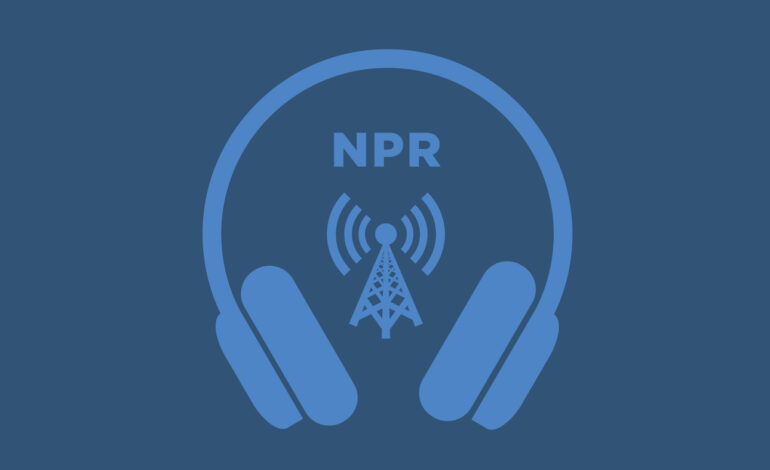Trump’s Cardiac Age Revealed: 14 Years Younger Than Chronological Age

Recent health assessments have indicated that former President Donald Trump possesses a “cardiac age” that is 14 years younger than his actual chronological age. This finding raises questions about what this measure entails and how it could impact public perceptions of his health, particularly as he remains a significant figure in American politics.
Understanding “cardiac age” involves examining various factors that contribute to an individual’s cardiovascular health. Unlike chronological age, which simply counts the years since birth, cardiac age assesses heart health based on risk factors such as cholesterol levels, blood pressure, and lifestyle habits. For Trump, this assessment suggests that his heart health is relatively better than expected for someone of his age, which is currently 77 years.
What Does Cardiac Age Mean?
Cardiac age is a concept used by healthcare professionals to provide a more nuanced view of an individual’s cardiovascular risk. The test evaluates multiple health markers, offering insights into how well the heart is functioning compared to the average for that age group. A younger cardiac age may indicate lower risk for heart-related issues, suggesting that lifestyle choices, medical interventions, and genetic factors can have a significant impact on heart health.
In Trump’s case, this assessment could be seen as beneficial, especially considering his age and the high-stakes pressures associated with his political career. Cardiologists often emphasize the importance of maintaining a healthy lifestyle, including regular exercise, a balanced diet, and routine medical check-ups to achieve optimal cardiovascular health.
Who Can Access This Test?
The cardiac age test is available to the general public, though it typically requires a visit to a healthcare provider for assessment. Many healthcare facilities offer this service, particularly those specializing in cardiology or preventive medicine. Individuals interested in understanding their cardiovascular health can discuss this option with their doctors, who can recommend appropriate tests based on personal health history.
As awareness of heart health grows, more individuals may seek out this assessment to gain a clearer picture of their cardiovascular risk. The implications of knowing one’s cardiac age can be significant, influencing lifestyle choices and encouraging proactive health management.
While Trump’s cardiac age may contribute positively to his public image, it also serves as a reminder of the broader conversation about health and aging. As society continues to grapple with issues related to health care and aging populations, discussions surrounding measures like cardiac age could become increasingly relevant.
In summary, Donald Trump’s reported cardiac age of 14 years younger than his actual age highlights the importance of understanding cardiovascular health in a broader context. This measure not only reflects personal health but also shapes public perceptions of health and fitness in leadership. As more individuals explore their own cardiac age, the focus on heart health and preventive measures will likely gain momentum.






